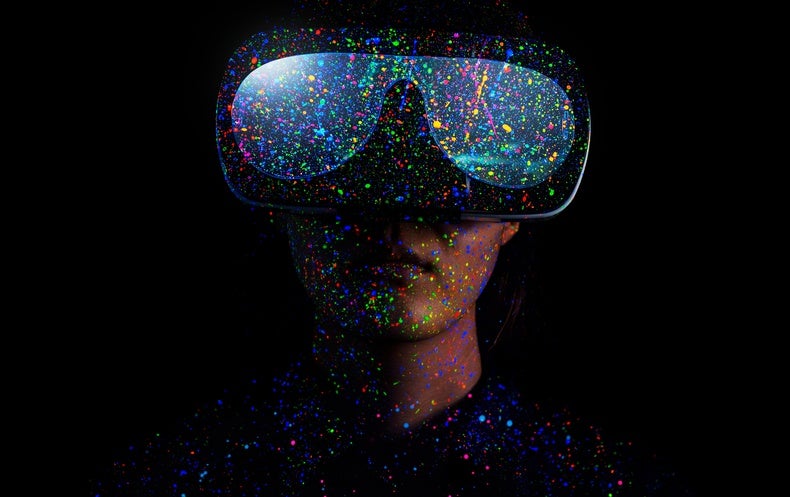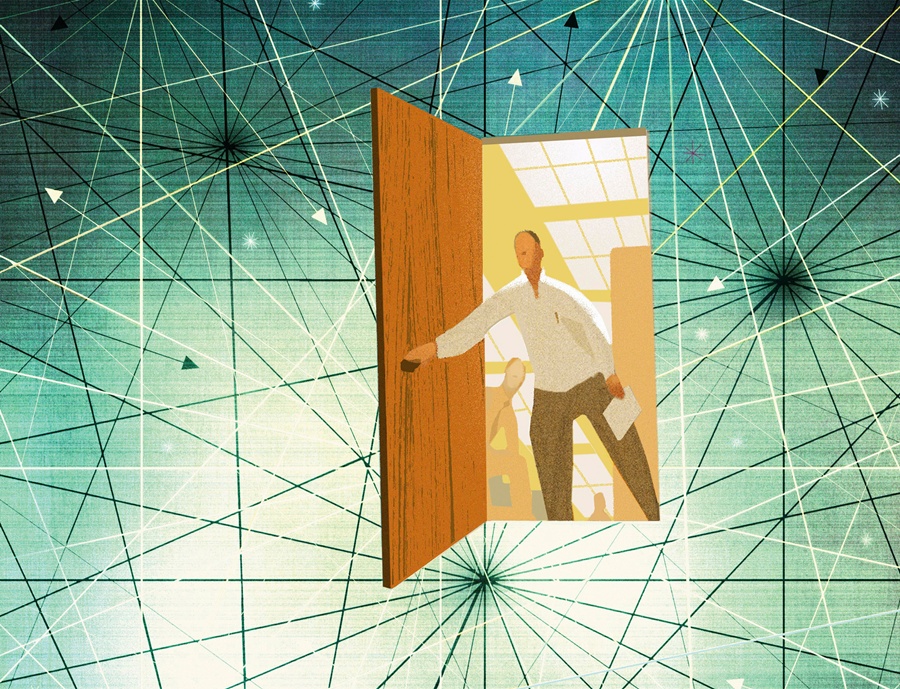


He recalls playing a virtual reality game so realistic that he forgot that he was in an empty room with a headset on. Rizwan Virk, founder of the Massachusetts Institute of Technology’s PlayLabs program and author of “The Simulation Hypothesis,” is among those who take the simulation hypothesis seriously. “While the world we see is in some sense ‘real,’ it is not located at the fundamental level of reality.” Simulating worlds and beings “If we are living in a simulation, then the cosmos that we are observing is just a tiny piece of the totality of physical existence,” Oxford philosopher Nick Bostrom said in a 2003 paper that jump-started the conversation about what has come to be known as the simulation hypothesis. This, of course, is a familiar concept from science fiction books and films, including the 1999 blockbuster movie “The Matrix.” But some physicists and philosophers say it’s possible that we really do live in a simulation - even if that means casting aside what we know (or think we know) about the universe and our place in it. What if everything around us - the people, the stars overhead, the ground beneath our feet, even our bodies and minds - were an elaborate illusion? What if our world were simply a hyper-realistic simulation, with all of us merely characters in some kind of sophisticated video game? It’s time for rational people to “just say no” to their schemes and dreams. The Technocrat mind that is given over to such vain speculations should never be trusted to deliver scientific solutions that potentially affect all of society.


 0 kommentar(er)
0 kommentar(er)
